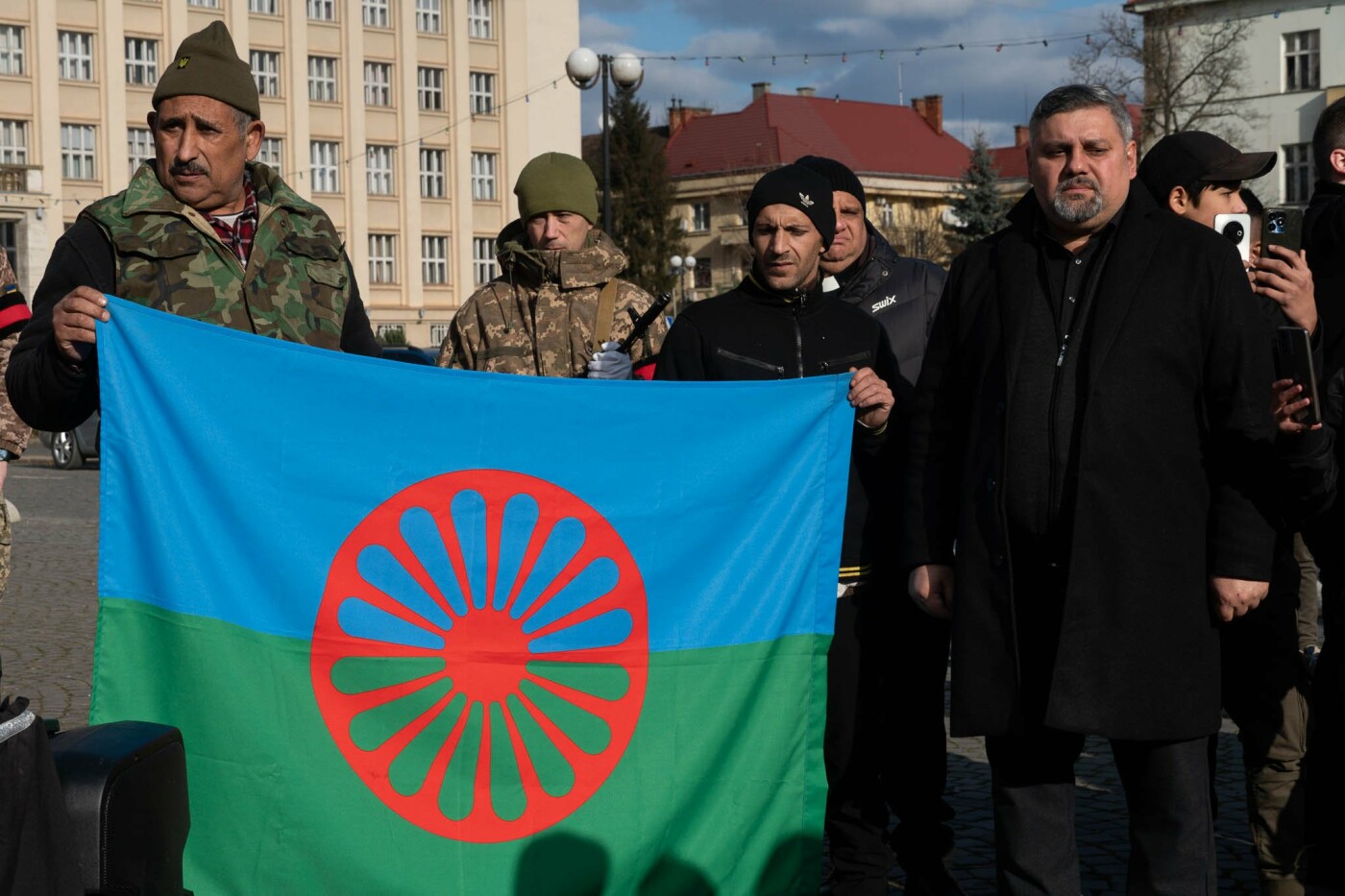Alexander (2014) reports about segregated Rroma in Cluj-Napoca in Romania. The resident Rroma had obey the verdict of the local mayor, who planned to build a park and a church on their previous place of residence. The displaced Rroma now live on the site of a former chemical plant. The hygienic conditions are precarious: For around 360 people there is only one shower system. Initially, there were not even toilets in the one-room apartments. The English clergy has now appealed to the religious and moral conscience of the city mayor Emil Boc, in collaboration with Amnesty International, and asked this segregation to be ended. The criticism by the English happens during a highly politicized context, with British Conservatives repeatedly criticising the alleged upcoming mass migration of Rroma into Britain to tap the welfare system. To describe the Rroma in their countries of origin as victims and as perpetrators in Western Europe is symptomatic of the stereotyped coverage of the minority. The article goes on to compare the integration efforts of Romania and Great Britain. While from Alexander’s perspective, the Rroma policy of Romania has to be strongly criticised, for the press officer of Emil Boc, this is political propaganda: “We are far more tolerant than you guys, she said. The children get free buses to school. Before they were living in slums anyway. When they were moved to Pata Rat, it wasn’t that the land was bad and no one wanted to live there. It was just the only available area.” One third of the annual budget is said to be spent on social projects, the spokeswoman continues. For Alexander, however, it remains clear that Pata Rat is a clear example of state-organized segregation. The two sides remain at odds.
- Alexander, Harriet (2014) Roma on the rubbish dump: British religious leaders call on Romanian mayor to reverse forced evictions. In: The Telegraph online vom 17.2.2014. http://www.telegraph.co.uk/news/worldnews/europe/romania/10636448/Roma-on-the-rubbish-dump-British-religious-leaders-call-on-Romanian-mayor-to-reverse-forced-evictions.html







